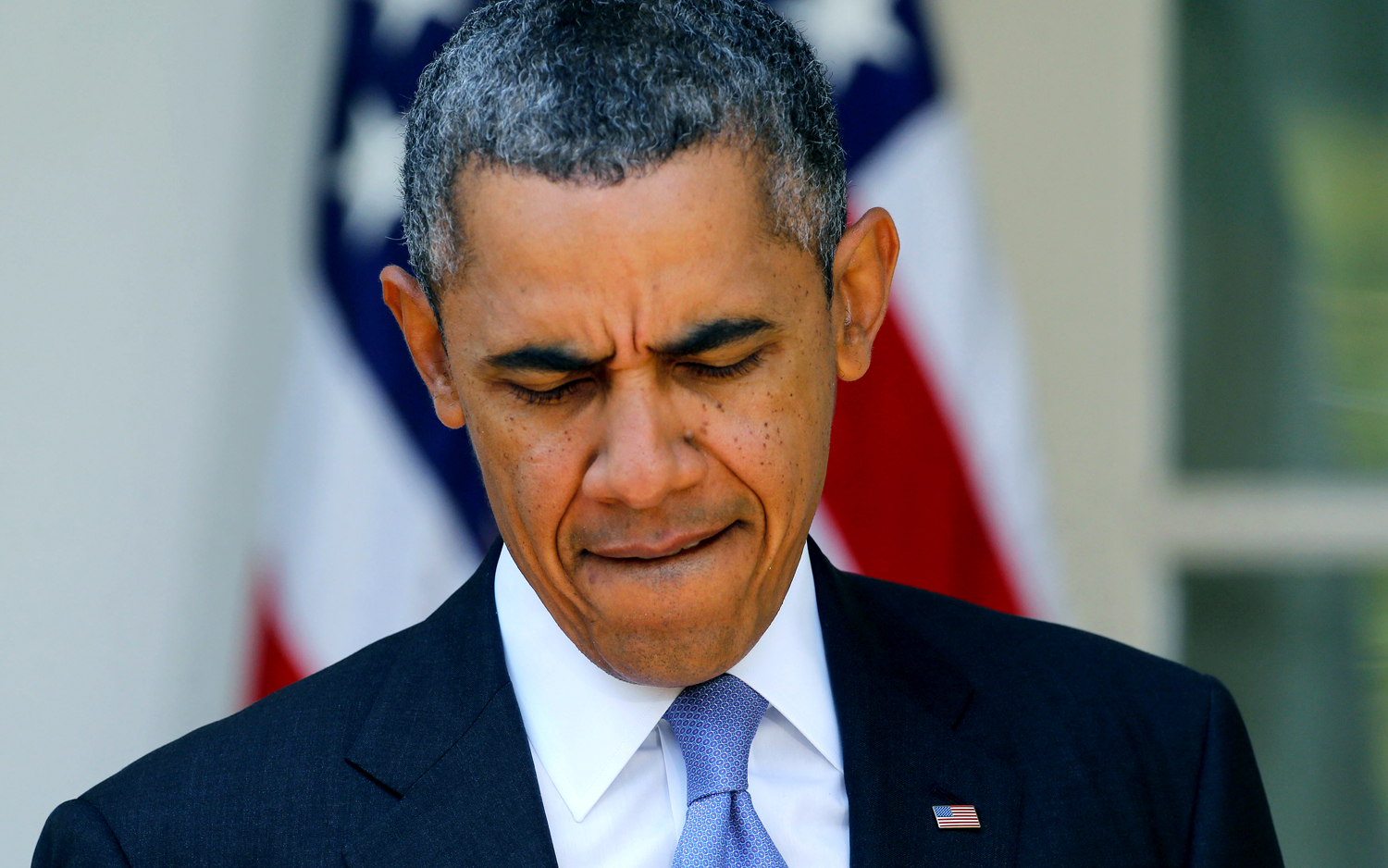
Advertisement
What are the future implications of removing our protected rights of patient consent? It’s already looking grim with the current tweaks to the Common Rule law. When patient consent is no longer necessary, it lifts many barriers and provides a gateway for things like forced child vaccinations and forced organ donations. There are many ways for patients to be abused without the proper patient consent rights in place. Thanks to a last minute Obama move, researchers can benefit at our expense.
Before leaving the White House, Barack Obama released a final rule which lifts a burden on scientists working with human subjects, but has patient privacy advocates in an uproar over the decision. In a revision of the Common Rule, a proposal requiring researchers to obtain written consent from their patients prior to using any bio-specimens obtained during medical procedures, has been altered. When the HHS first issued the proposal in 2015, it drew mostly negative remarks.
Now, according to an HHS statement, a change to the final rule “does not require that consent be obtained in order to conduct such research.” When the Federal Register published the final revision of the Common Rule, the proposal was completely eliminated. The rule is a complex set of regulations which are designed to ensure federal funded research is conducted in an ethical manner on human subjects. When the revisions take effect in 2018, it will mark the first time in 26 years that the rule had been updated.
In order to avoid situations where a patient initially gave consent but later learned their specimen was used without their knowledge, federal regulators had suggested obtaining patient consent along every step of the research. Researchers argued that having to track patients would slow their progress. Small clinics and hospitals believe the change will likely prevent them from providing samples to researchers, due to the associated costs and necessary technologies. (RELATED: Stay up to date on more medical science news at Scientific.news)

Director of the HHS Office for Human Protections, Dr. Jerry Menikoff, said in general, that researchers can continue to use such bio-specimens the way they currently do. Menikoff is hopeful that changes to the Common Rule, which reduce unnecessary administrative burdens, will benefit both researchers and research participants. President and co-founder of the Citizens’ Council on Health Care, and privacy advocate, Twila Braise, is worried about the new Common Rule. “I don’t think they have protected the rights of people whose bio-specimens have been taken,” said Braise. Changes to the Common Rule don’t go into effect until next year, but the likelihood of the rules being followed is slim.
In 2016, Republicans in congress asked the administration not to release a final rule, but they did not get their wishes granted. The Obama administration addressed many privacy issues in its final days. Last week, HHS released another final rule which amended and eased consent requirements pertaining to 42 CFR Part 2, a privacy rule which covers the disclosure of healthcare records for patients in federally funded treatment programs for drug and alcohol abuse.
Braise, who is also a nurse, has been battling with public health officials in her home state of Minnesota. Braise was successful in forcing the state to halt the use of blood samples which were obtained from newborn babies. Secondary research on babies’ blood is now prohibited where parental consent is not obtained. Privacy advocates from other states have joined the fight, which led to a 2014 provision requiring parental consent for any health screenings that could be used in federally funded research.
The proposed rule from HHS contained provisions which would have extended consent requirements on non-federally funded research, but those requirements were removed from the final rule, which also dives into the unsettling territory of unidentified bio-specimens.
Genetic and privacy experts, along with Braise’s team, are questioning weather unidentified DNA will be clinically useful in the impending era of precision medicine. “By the look of it, they don’t consider bio-specimens as human subjects, even if we’re in the era of DNA,” said Braise.
Sources:
Submit a correction >>
This article may contain statements that reflect the opinion of the author
Advertisement
Advertisements















